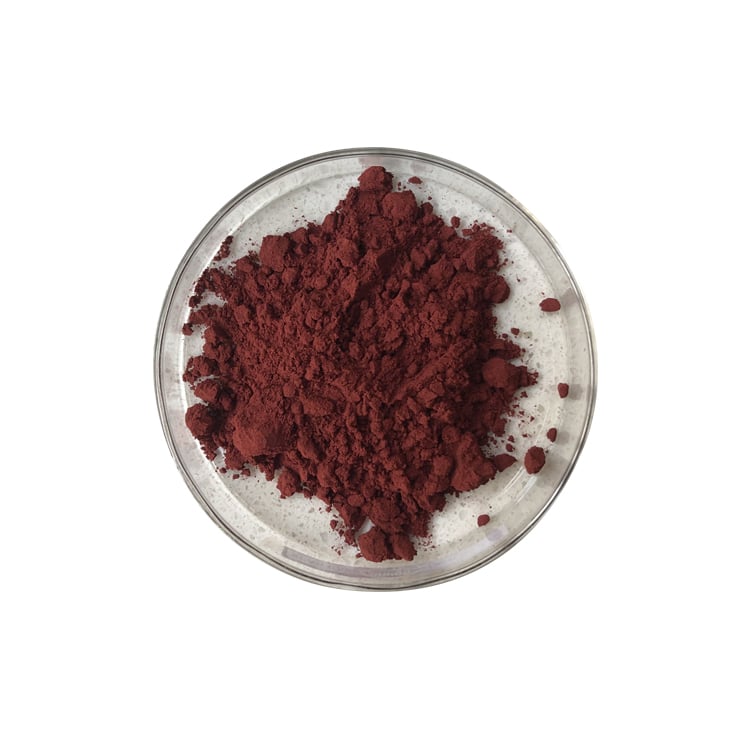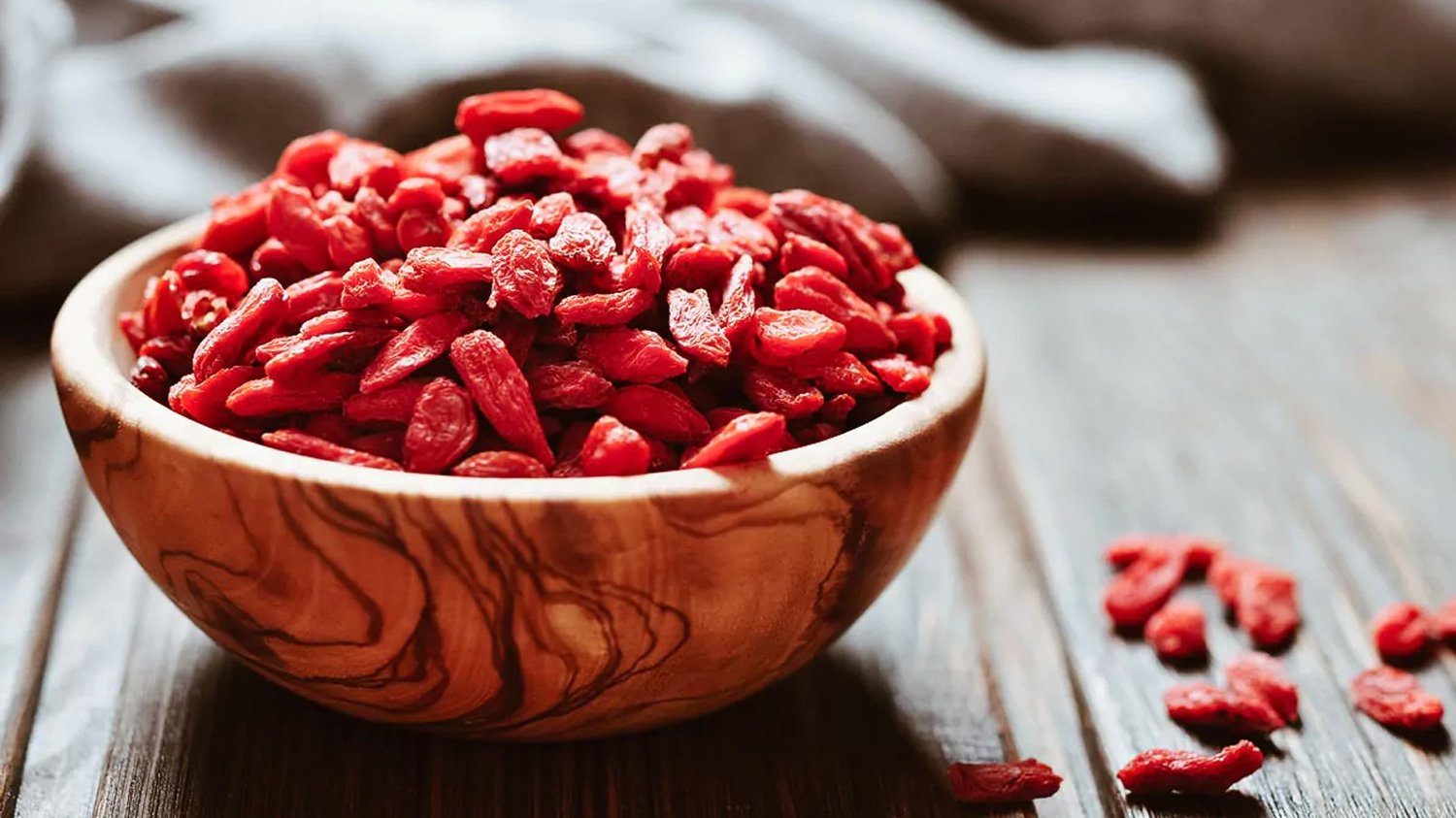Introduction
Pyrroloquinoline Quinone (PQQ) is a compound that has garnered significant attention in the fields of health, wellness, and medical research. It is naturally found in foods like kiwi, green peppers, and parsley, as well as in breast milk. Since its discovery in 1979, scientists have explored its potential benefits and mechanisms of action. XI AN CHEN LANG BIO TECH supply PQQ 99% new supplement additives. Today we will learn what PQQ does and how it works in the body, highlighting its roles in mitochondrial health, energy production, cognitive function, and more.
What Is PQQ
PQQ is the English abbreviation of pyrroloquinoline quinone, a quinone molecule originally identified as an enzyme cofactor in bacteria. Its functions in human body is similar to vitamins B.
PQQ is a redox cofactor, meaning it facilitates oxidation-reduction reactions within cells. These types of reactions are crucial for maintaining cellular health and function. PQQ is also a powerful antioxidant, which means it can neutralize free radicals—unstable molecules that can cause damage to cells and DNA. Due to these properties, PQQ has been investigated for its potential to support various physiological functions, particularly in aging and neuroprotection.

How PQQ Works: Mechanisms of Action
Mitochondrial Biogenesis
One of PQQ’s most well-known roles is its ability to promote mitochondrial biogenesis. Mitochondria are often referred to as the "powerhouses" of the cell because they produce the energy required for various cellular processes. As we age, the number and efficiency of mitochondria decrease, which can lead to reduced energy levels and increased vulnerability to age-related diseases. PQQ activates certain signaling pathways—particularly the PGC-1α (peroxisome proliferator-activated receptor gamma coactivator 1-alpha) pathway—that stimulate the production of new mitochondria. This process is crucial for improving energy metabolism and overall cellular health.
Antioxidant Properties
PQQ’s antioxidant capacity is another critical mechanism through which it benefits the body. Antioxidants protect cells from oxidative stress, which is a key contributor to aging and the development of chronic diseases such as heart disease, neurodegenerative disorders, and cancer. By scavenging harmful free radicals, PQQ helps to reduce cellular damage and inflammation.
Nerve Growth Factor (NGF) Stimulation
PQQ has also been shown to stimulate the production of Nerve Growth Factor (NGF), a protein that plays a crucial role in the growth, maintenance, and survival of neurons. This is particularly important for brain health, as NGF helps to repair damaged neurons and supports cognitive function. Increased NGF levels may help protect against neurodegenerative conditions such as Alzheimer’s disease and Parkinson’s disease.
Modulation of Cellular Signaling Pathways
PQQ influences various cellular signaling pathways that regulate metabolism, cell survival, and inflammation. One such pathway is the AMPK (AMP-activated protein kinase) pathway, which plays a role in energy balance and metabolic health. By activating AMPK, PQQ helps to improve cellular energy efficiency, reduce fat storage, and enhance glucose utilization.
Benefits of PQQ
Enhanced Cognitive Function
One of the most compelling areas of research around PQQ is its potential to support brain health and cognitive function. Studies have shown that PQQ supplementation can improve memory, attention, and learning abilities, particularly in aging individuals. This cognitive boost is largely attributed to PQQ’s ability to promote mitochondrial function, reduce oxidative stress, and stimulate NGF production. Additionally, some research suggests that PQQ may help mitigate the effects of neuroinflammation, a key factor in cognitive decline.
Increased Energy Levels
Because of its role in mitochondrial biogenesis, PQQ can help boost energy production at the cellular level. People who take PQQ supplements often report feeling more energetic and less fatigued, which makes it a popular supplement for athletes and individuals dealing with chronic fatigue syndrome. By improving the efficiency of energy production, PQQ can help individuals maintain higher energy levels throughout the day.
Neuroprotection and Anti-Aging Effects
PQQ's neuroprotective properties make it a promising candidate for reducing the risk of neurodegenerative diseases like Alzheimer’s and Parkinson’s. Its ability to promote mitochondrial health and reduce oxidative stress can protect neurons from damage and apoptosis (programmed cell death). Moreover, PQQ’s role in supporting mitochondrial function and cellular repair processes can also slow down the aging process at the cellular level, making it a potential anti-aging supplement.
Cardiovascular Health
Emerging research suggests that PQQ may also offer benefits for cardiovascular health. By reducing oxidative stress and inflammation, PQQ may help protect against atherosclerosis, a condition characterized by the buildup of plaques in the arteries. Additionally, PQQ’s role in improving mitochondrial function can enhance heart muscle energy efficiency, which is vital for maintaining cardiovascular health.
Improved Sleep Quality
Some studies have indicated that PQQ can improve sleep quality, particularly in individuals experiencing sleep disturbances. PQQ’s effects on sleep are thought to be linked to its ability to reduce oxidative stress and improve overall energy balance. Improved mitochondrial function may also play a role in promoting better sleep, as the body requires adequate energy production to support various physiological processes during rest.
How to Take PQQ: Dosage and Safety
PQQ supplements are available in various forms, including capsules, tablets, and powders. The recommended dosage of PQQ varies depending on the specific health goal, but most studies have used doses ranging from 10 mg to 20 mg per day. It is important to consult with a healthcare provider before starting any new supplement, especially if you are pregnant, nursing, or taking other medications.
In terms of safety, PQQ is generally considered safe when taken at recommended doses. However, high doses may cause side effects such as headaches, insomnia, or gastrointestinal discomfort. Long-term studies on PQQ's safety are still limited, so it is advisable to stick to the recommended dosage.
Foods That Contain PQQ
Although PQQ supplements are a convenient way to boost your intake, it is also possible to obtain PQQ from dietary sources. Some foods rich in PQQ include:
- Fermented soybeans (Natto)
- Spinach
- Parsley
- Green tea
- Papaya
- Tofu
- Green peppers
- Kiwi
Who Need PQQ Supplement
Although PQQ and ergothioneine have been praised by many people as longevity vitamins, this does not mean that you must supplement. On the one hand, there is no direct evidence proving its connection with longevity, and on the other hand, most of its functional verification currently only stays in the animal research and in vitro research stages. There is a general lack of research on the mechanism of action of PQQ in the human body in the scientific community.
But if you already have symptoms of mitochondria-related diseases, you can try to supplement, but you need to be patient. It is enough to eat fermented foods 2-3 times a week, such as natto, sauerkraut, pickled radish, pickled cucumber, etc.
Conclusion
Pyrroloquinoline Quinone (PQQ) is a potent compound with a wide range of health benefits, primarily due to its role in mitochondrial biogenesis, antioxidant activity, and neuroprotection. Its ability to enhance energy production, support cognitive function, and protect against oxidative damage. These functions make it a valuable supplement for individuals who looking to improve their health and well-being. Whether taken through diet or supplementation, PQQ holds promise as a natural way to support aging and protect against various diseases, particularly those related to mitochondrial dysfunction. Please send email to [email protected] if you want more information about our pyrroloquinoline quinone.


